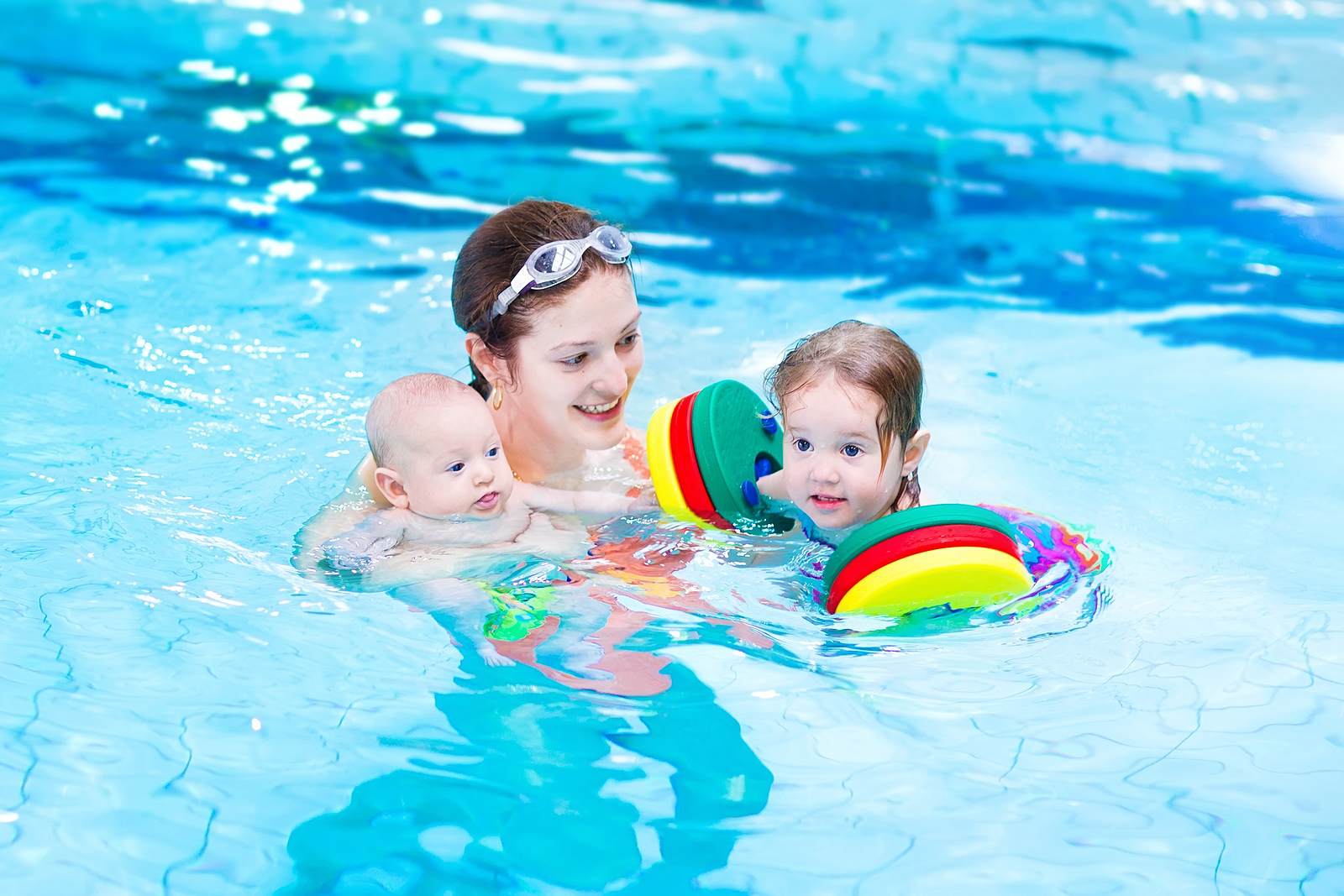If your child is on the autism spectrum, you may have already observed first-hand the fascination that many autistic children have with water. Granted, most kids are instinctively drawn to water, but this seems more pronounced in children with autism. When you couple this with the tendency to wander that many autistic children also have, you can end up with a serious problem. Drowning is the second most common cause of accidental death in typical kids, the first being complications during birth. In children with autism, it takes first place, so as the parent of an autistic child, it’s vital that you take measures to ensure your child’s safety when in or near water.
Swim Lessons Are Essential
Kids with autism can be extremely single-minded. You know the focus your child is capable of when it comes to something he or she wants. Often, what an autistic child wants is water, and if they know that there’s a pool, a lake, a river, a canal, an abandoned quarry, or just about anything else you could possibly imagine that contains water, they’ll use any opportunity to get to it.
You’re no doubt very vigilant about supervising your child, but you know that kids who have autism are very good at noticing when you’re the least bit distracted, and seizing the opportunity to get past you. Much of the time, it’s not a matter of if your child will escape your watchful gaze, but when. If your child slips away and goes in search of water, the results can be tragic – children with autism tend to sink under the water, and find it so relaxing that they just stay there. Of course you can’t breathe water, but your child neither knows nor cares that that’s the case.
Keeping all this in mind, it’s absolutely vital that your child learns how to swim at an early age. It can mean the difference between life and death in the event that he or she gains unsupervised access to water. Because children with autism are often very uncomfortable with various types of stimuli, the best choice may be private lessons using a qualified instructor who has experience with special needs children.
It’s Not Enough to Gate the Pool
Kids with autism can be extremely determined, and if the child is school-age, he or she is probably going to know how to stack objects or even break open the pool gate in order to get to the pool. You may need to employ deadbolts or padlocks, and might want to consider installing an alarm system or equipping your child with a GPS tracking device. Keep in mind, though, that the electronic device that’s never been known to fail hasn’t yet been invented.
Make sure your neighbors who have pools know that your child has an irresistible attraction to water, so that they can keep an eye out for him or her. Again, don’t assume that this is going to work overly well. Neighbors can’t realistically be expected to devote their entire lives to watching your child in the same way that you do.
Summary
Make sure your child has swim lessons and take other precautions to keep him or her as safe as possible. As the parent of an autistic child, you have to be even more vigilant than the parent of a typical child where water safety is concerned.
ABOUT SUNSATIONAL SWIM SCHOOL
Sunsational Swim School is the 🥇 #1 rated provider of private, at-home swimming lessons in America. We have specialized swim instructors for students ages 6 months to adult, beginner to advanced. Featured on ABC, CBS, Impact 100, The List and others, Sunsational instructors have a minimum of 2 years of teaching experience, are CPR certified and insured, and have collectively taught over 302,223 lessons for more than 74,415 students nationwide!


